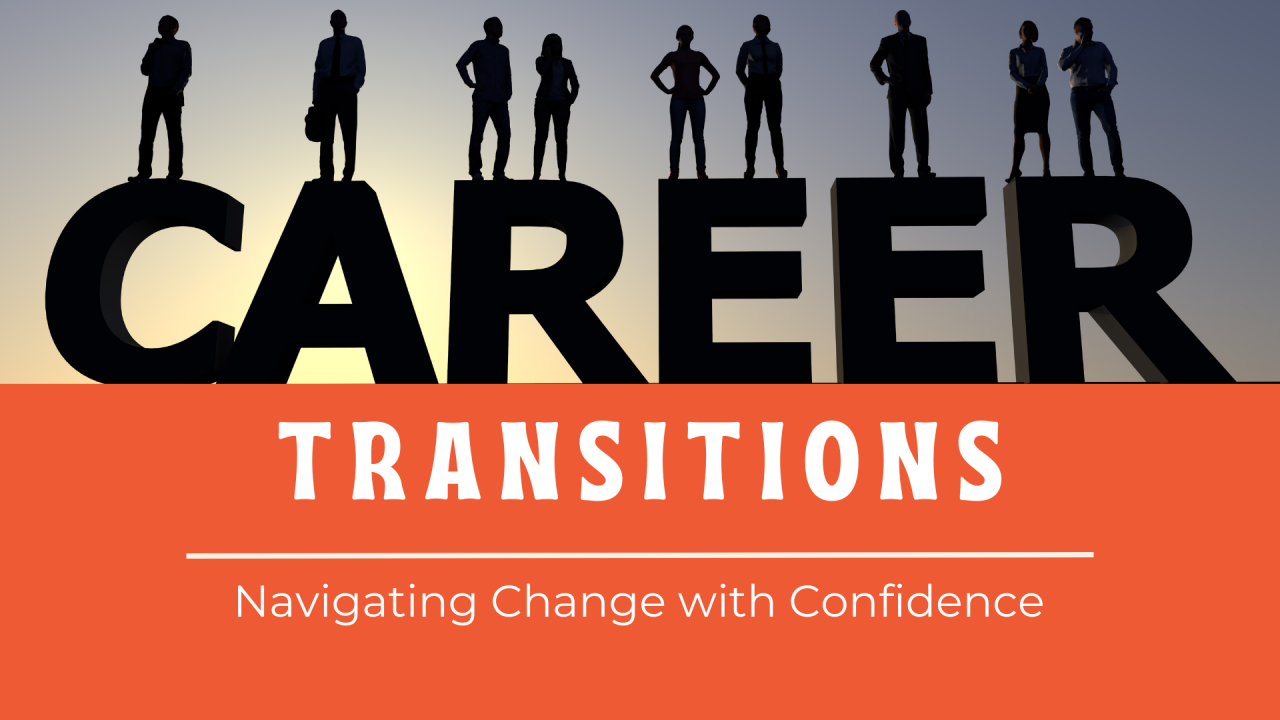Career transitions are an inevitable part of our professional journeys, yet they often come with uncertainty and hesitation. Whether you’re pivoting industries, moving up the ladder, or seeking a more fulfilling role, the road ahead can seem unclear.
In this fast-paced world, adaptability is essential. Career transitions offer an opportunity to reframe your mindset and approach. The key to success lies in how you navigate these changes.
1. Embrace Adaptability
The landscape of work is evolving. To thrive, you need to remain flexible and open to learning. Transitioning to a new field or role means adapting to new challenges and growing through them. Stay curious, embrace change, and continually upskill.
2. Leverage Transferable Skills
You may feel like you’re starting from scratch, but don’t forget the skills you’ve acquired over the years. Whether it’s leadership, communication, or problem-solving, these transferable skills are assets in your new career. Recognize their value and use them to your advantage.
3. Seek mentoring and Networking
A mentor who has experienced a similar transition can provide guidance and encouragement. Their insights will help you navigate obstacles with confidence. Additionally, networking with others in your target industry opens doors to new opportunities, giving you a competitive edge.
4. Set Clear Goals
When navigating a career transition, it’s essential to have a roadmap. Define your long-term vision and break it down into achievable, short-term goals. This will help you stay focused, measure progress, and celebrate small victories along the way.
5. Stay Positive and Patient
The journey might not always be smooth. It’s important to stay patient and maintain a positive mindset throughout the process. Trust in the learning curve, celebrate your growth, and keep moving forward. Your next great opportunity is just around the corner.

Importance of emotional intelligence and sustainable planning
When making significant career moves, two often-overlooked factors can make all the difference:
1. Emotional Intelligence (EI)
- Helps you manage stress during periods of change.
- Builds stronger relationships with new colleagues and networks.
- Enables you to navigate workplace dynamics with empathy and understanding.
2. Sustainable Career Planning:
- Ensures your career decisions align with long-term goals and values.
- Prevents burnout by pacing your transitions thoughtfully.
- Encourages skill-building that stays relevant over time.
Integrating emotional intelligence and sustainable planning into your career strategy not only eases transitions but also ensures you’re making intentional moves toward growth and a career that feels fulfilling.
Reminder!
Career transitions are not just about finding a new job; they’re about unlocking a new chapter of personal and professional growth. By embracing change, focusing on transferable skills, and seeking the right guidance, you can make your transition a success.
Ready to take the next step in your career?
Stay focused, stay adaptable, and remember that every challenge is an opportunity for growth!
Your next chapter shouldn’t feel like a risk.
Let’s create a transition plan that feels aligned, strategic, and deeply personal to you. Contact Us
#BeingHumanelyResourceful #KeepThrivingKeepInspiring #KeepLearningKeepInspiring


